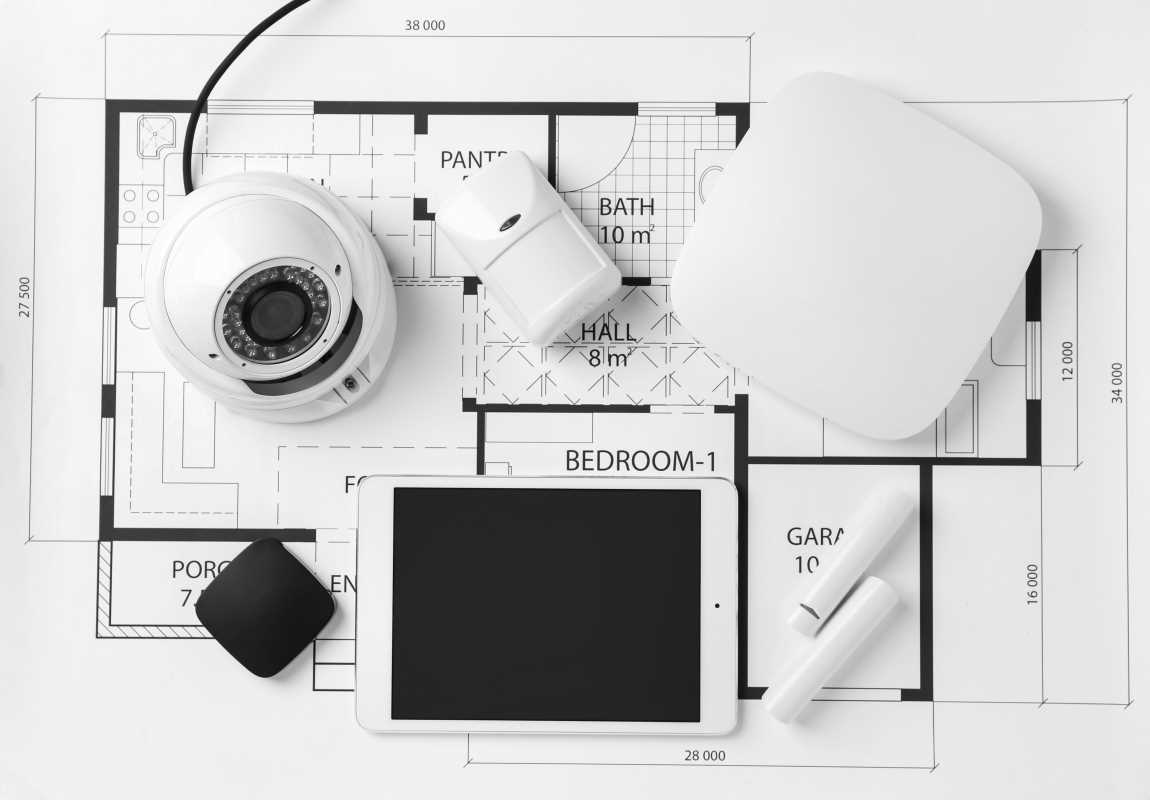City life can be thrilling, but balancing rent, food, transport, and entertainment is often a juggling act. Splitting your finances into weekly segments can make larger expenses feel more manageable. By keeping track of where your money goes each week, it’s easier to spot areas to cut back without missing out on the city’s vibrant opportunities. Instead of letting surprise costs sneak up on you, a weekly plan gives you clarity, helps you stay on course with bigger goals, and leaves room for fun.
Evaluate Your Current Expenses
Start by listing your weekly and monthly outlays. Many costs are obvious—rent, utilities, phone bills—while others, like frequent coffees or late-night snack runs, can slip under the radar. Write everything down, whether on paper or in a budgeting app.
- Fixed costs: rent, utilities, phone, insurance
- Variable necessities: groceries, commuting, pet care
- Discretionary expenses: dining out, streaming services, online shopping
This breakdown can reveal potential savings. For instance, reconsider whether you need multiple streaming platforms or an expensive gym membership you rarely use. Even small cuts in underused services can free up funds for what truly matters—like an emergency fund or a planned trip.
Setting Realistic Goals and Priorities
It’s natural to want the perfect apartment, spontaneous weekend getaways, and top-tier restaurants. But your paycheck may not stretch that far. Prioritize what you genuinely value. Perhaps you’re intent on paying off a credit card or saving for a once-in-a-lifetime experience. Knowing your specific goals keeps you focused and motivated.
When you’re clear on your main objectives, budgeting becomes more about deliberate choices than strict sacrifice. Maybe you’ll choose fewer nights out to afford a larger living space, or downsize your apartment so you can fund more travel. Identify what you love most and build a budget around it.
Building Your Weekly Budget
Transforming good intentions into a workable plan requires some structure. Break your finances down step by step:
- Total weekly income: Sum your paycheck, side gig earnings, or any other sources.
- Subtract fixed costs: Divide monthly rent, utilities, and phone bills into weekly amounts.
- Allocate for essentials: Groceries, transportation, and any necessary bills come next.
- Set aside savings: Even small amounts add up over time. Make it a habit to save something each week.
- Plan for fun: The remainder goes to leisure, whether it’s a night out or an indulgent treat.
Consider exploring methods like The Happy Giraffe Budget, which reframes budgeting as a positive, step-by-step process. Smaller, weekly targets can feel more attainable than a daunting monthly total.
Smart Meal Planning for Budget-Friendly Living
City living puts you within arm’s reach of tempting takeout options, but meal planning can help you save money without giving up occasional splurges. Look for sales at local markets, cook in batches, and experiment with versatile recipes that adapt to your busy schedule. This way, you’re less tempted by pricey last-minute deliveries.
Try prepping ingredients in advance so weekday meals come together quickly. For more structured strategies, check out Meal Planning Hacks for Busy Single Professionals, which offers tips on using limited time to ensure you’re eating well without overspending.
Tracking Progress and Adjusting Your Plan
A budget is never “set it and forget it.” Regular check-ins—weekly or bi-weekly—are essential. They show whether you’re overspending on non-essentials or if you have a bit of surplus to invest or enjoy.
- Stay Organized: Write down expenses in a notebook or use a budgeting app that categorizes transactions.
- Review and Reflect: Where did you overspend? Did certain bills spike unexpectedly? If you have extra, decide whether to boost your savings or treat yourself.
- Remain Flexible: A change in job, rent, or transportation can shift your budget balance. Adjust categories as needed, rather than forcing outdated numbers to fit.
Explore additional ideas in Weekly Budget: Give it a try with these 5 simple steps., which offers fresh angles on refining your weekly approach. If your plan feels too strict or too relaxed, don’t hesitate to tweak it.
Embrace Change and Celebrate Small Wins
Life is unpredictable—especially in a busy urban environment. A car repair, a sudden rent increase, or a week of higher utility bills can throw off even the most careful plan. The beauty of a weekly budget is that you can adapt quickly. Whether you temporarily dip into a different category or pick up a few extra hours at a side gig, you have a system in place to keep surprises from derailing your long-term goals.
Give yourself credit for the little victories. If you manage to cook all week without ordering takeout, or finally cut an unnecessary subscription, acknowledge it. Budgeting isn’t about deprivation; it’s about allocating money thoughtfully so you can spend on what truly matters.
Long-Term Benefits of a Weekly Budget
A solid weekly budget offers more than just a record of your spending. It provides:
- Peace of Mind: Instead of stressing about sudden bills, you’ll know where your money is going.
- Clarity and Adaptability: Weekly reviews let you adjust before small oversights become big problems.
- Aligned Spending: When you regularly reflect on your goals, each expense feels more intentional.
- Steady Progress: Short-term budgeting adds up, helping you inch closer to big dreams like home ownership or extended travel.
No one gets this perfect right away. Expect trial and error as you discover what works best for your lifestyle. The aim is to find a balance that promotes financial stability and enjoyment of the city’s countless opportunities.
A weekly budget is more than just a spreadsheet—it’s a tool that helps you live your best city life without drowning in financial stress. By breaking things down into manageable segments, you gain control of your money and make room for the experiences you value most. Keep track, stay flexible, and celebrate progress. Over time, consistent weekly planning can build a solid financial foundation that lets you explore your city, plan for the future, and enjoy daily life with confidence. Embrace the freedom that comes from smart financial choices, and watch your urban adventures become even more rewarding.
 (Image via
(Image via





